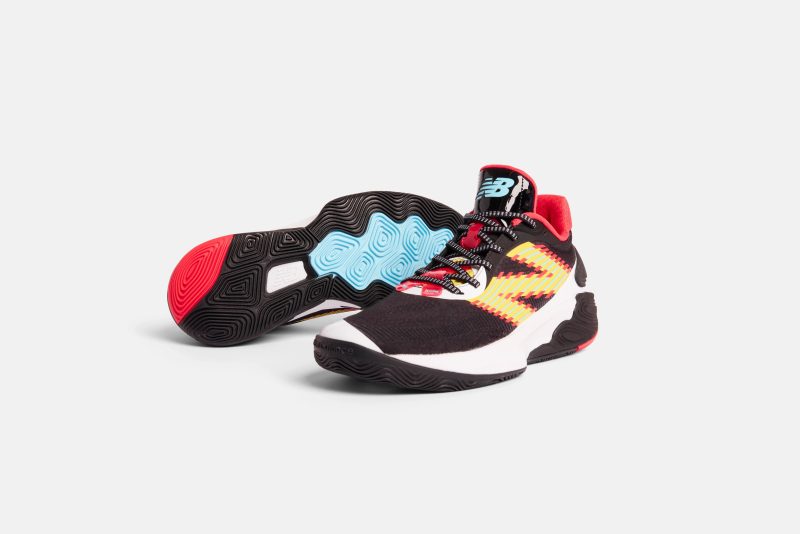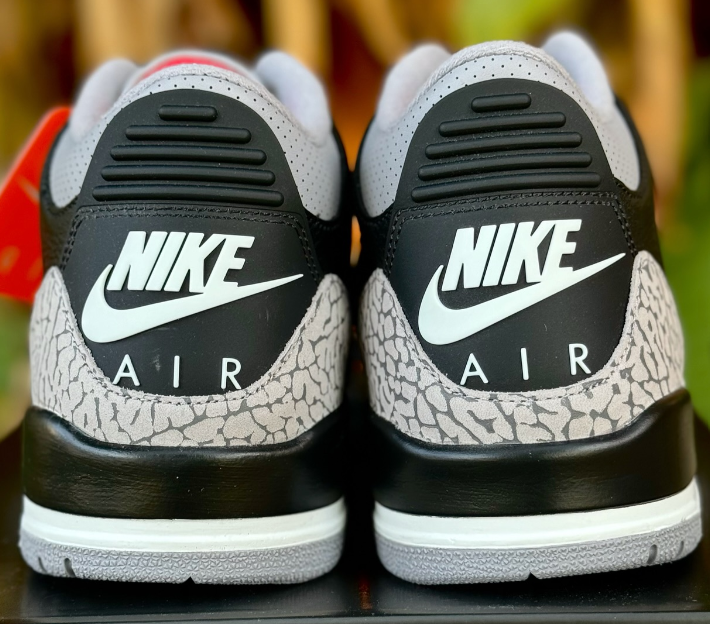- 720
- 11
- Joined
- Oct 2, 2003
Sure New Kids is from Boston but so are these guys...
I visited about 3 years ago on vacation. Very nice place to see..the food is really good.
If you preconceptions of this place are bad then you're closed minded. Don't knock the place if you haven't been there. Enjoy traveling.
btw I'm from L.A and that should really matter.
I visited about 3 years ago on vacation. Very nice place to see..the food is really good.
If you preconceptions of this place are bad then you're closed minded. Don't knock the place if you haven't been there. Enjoy traveling.
btw I'm from L.A and that should really matter.












